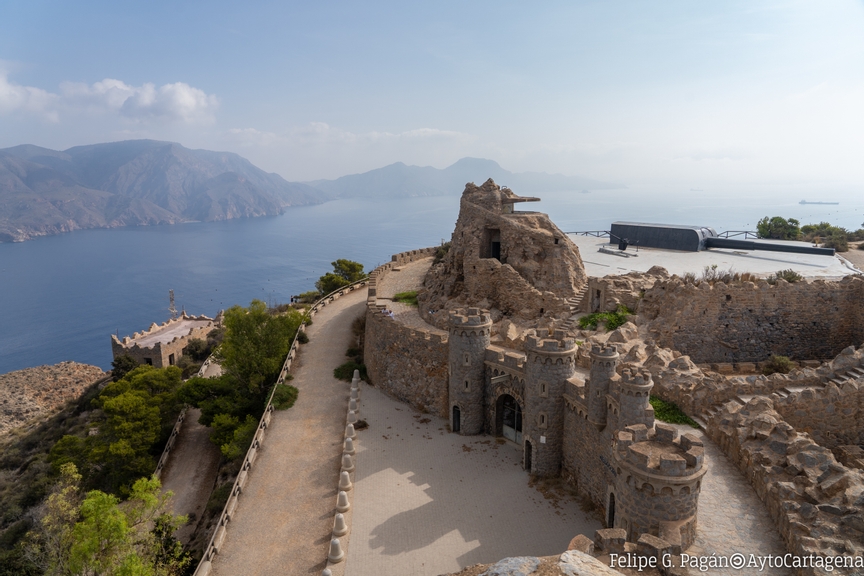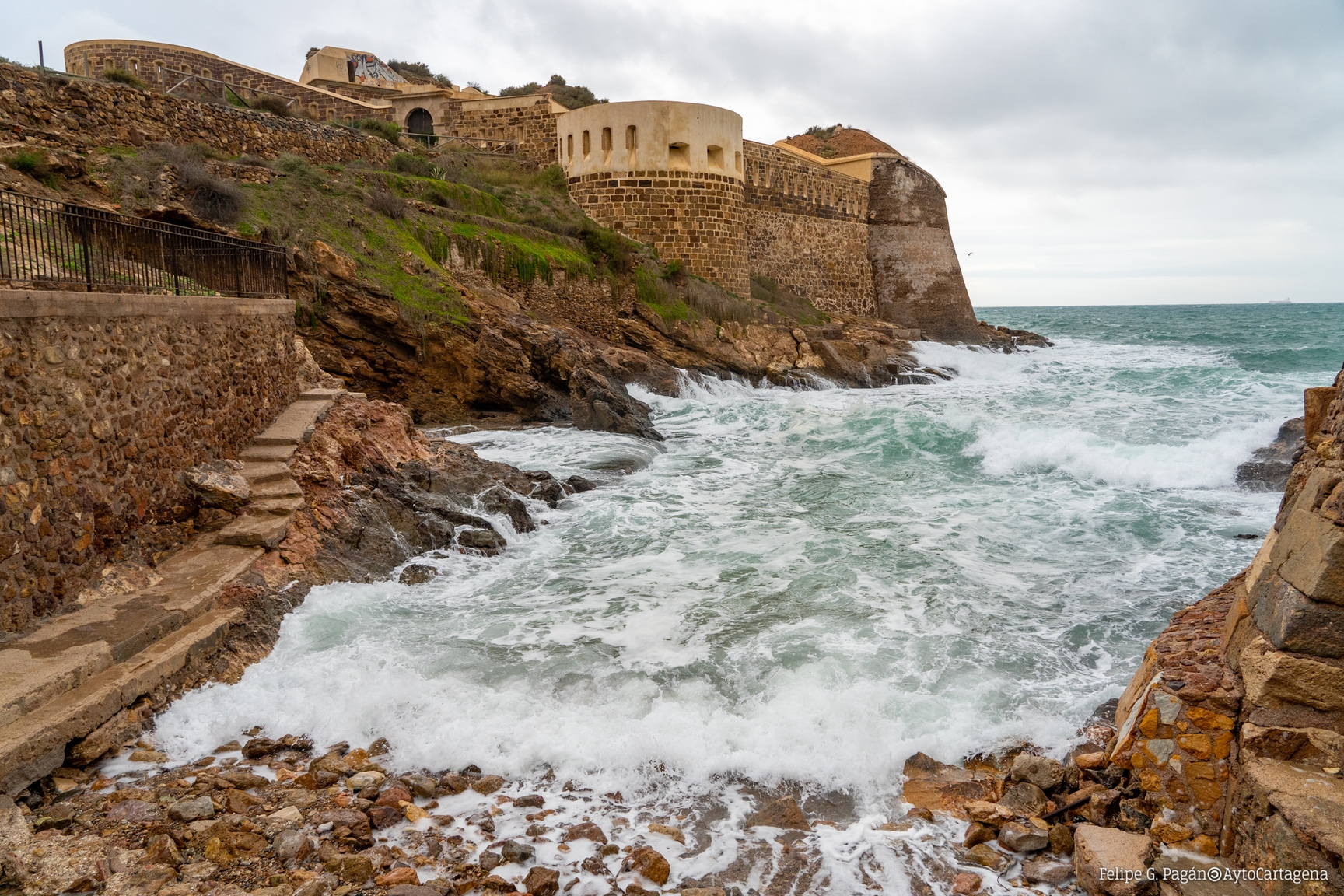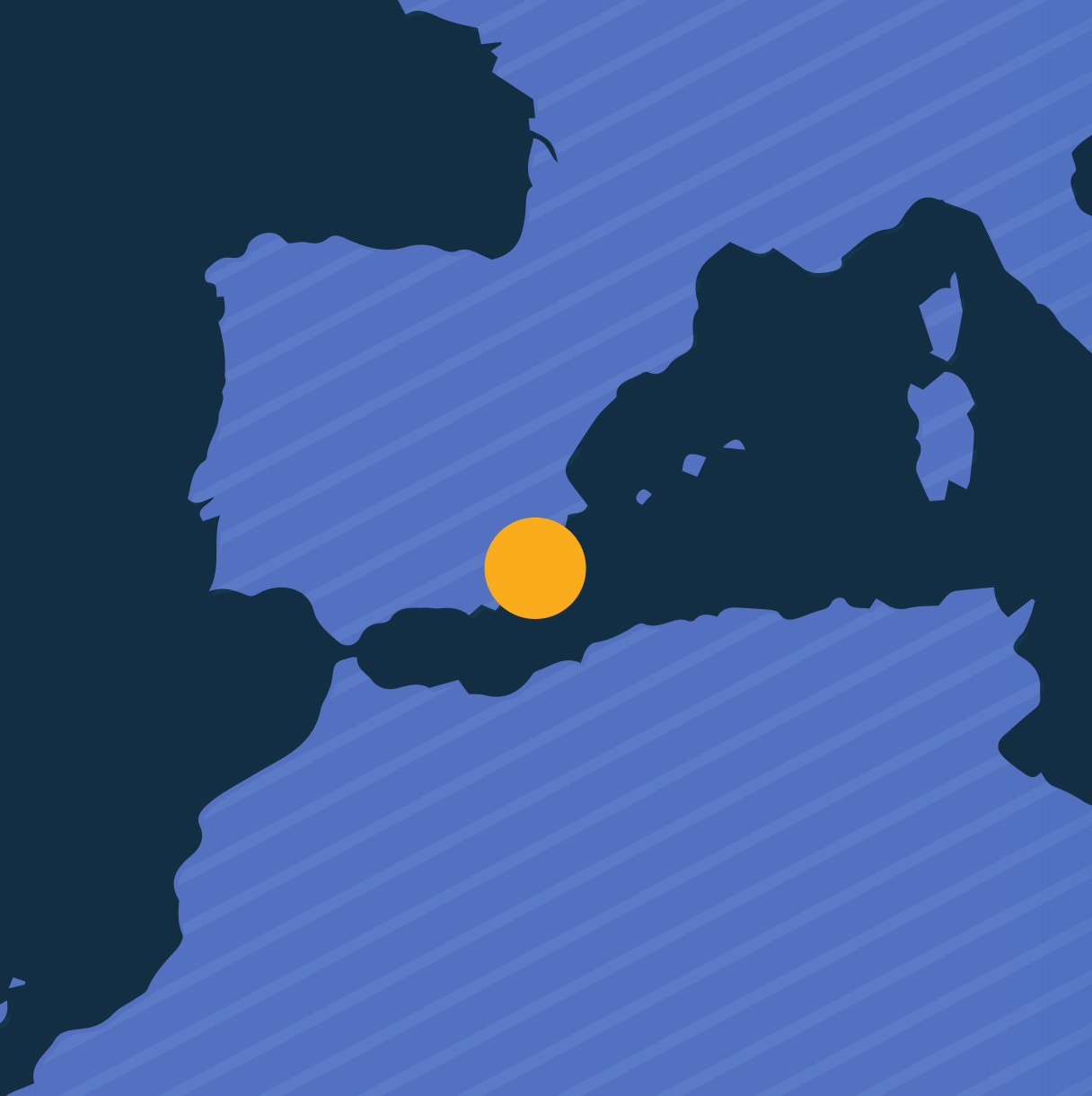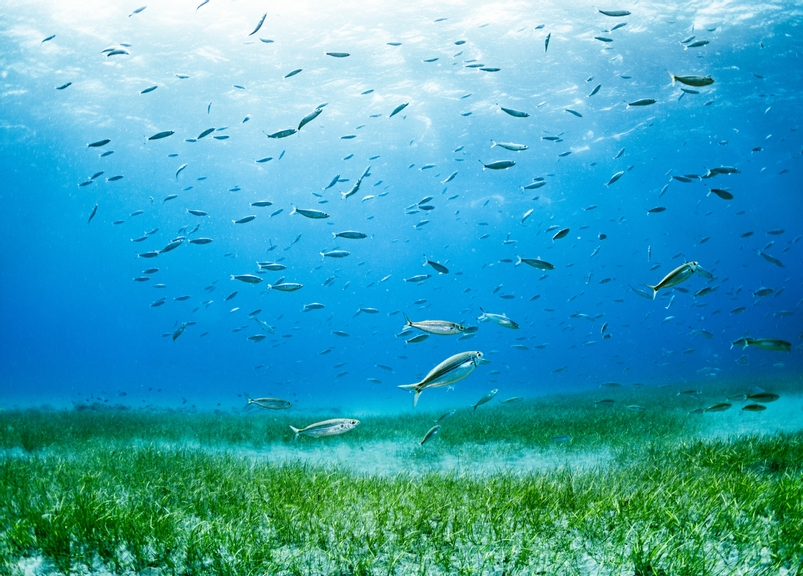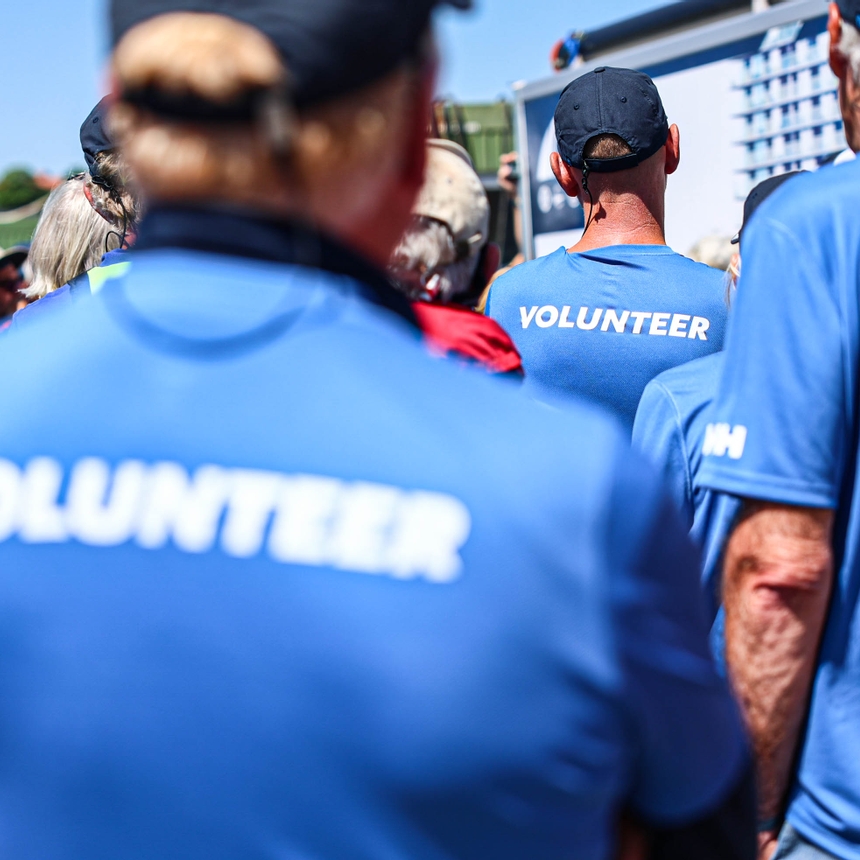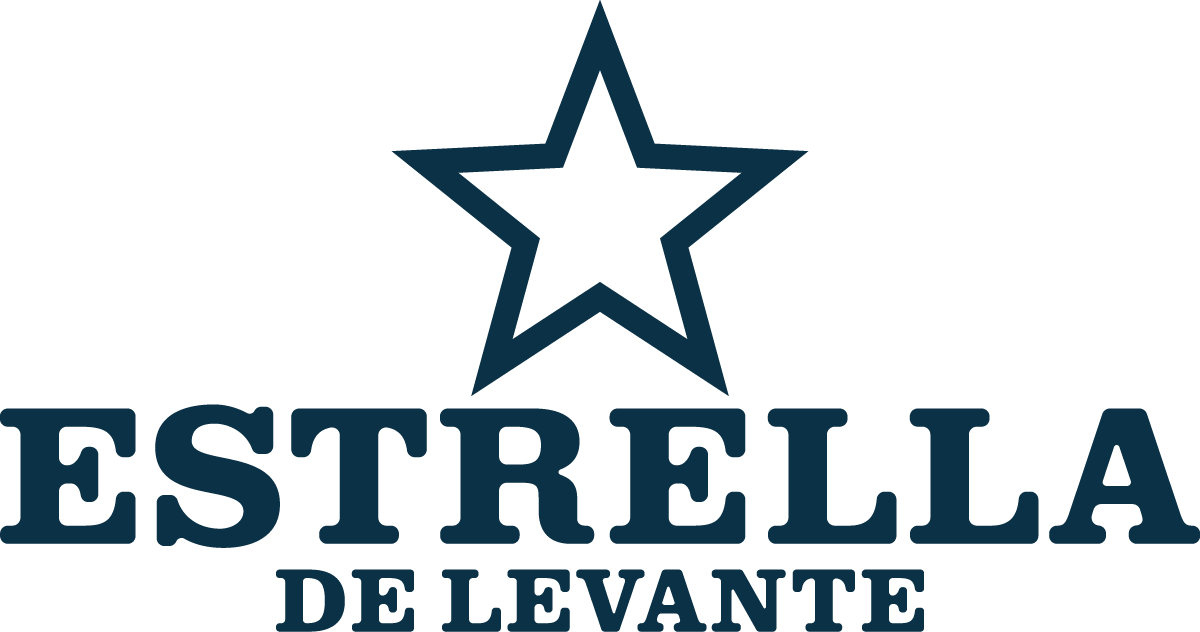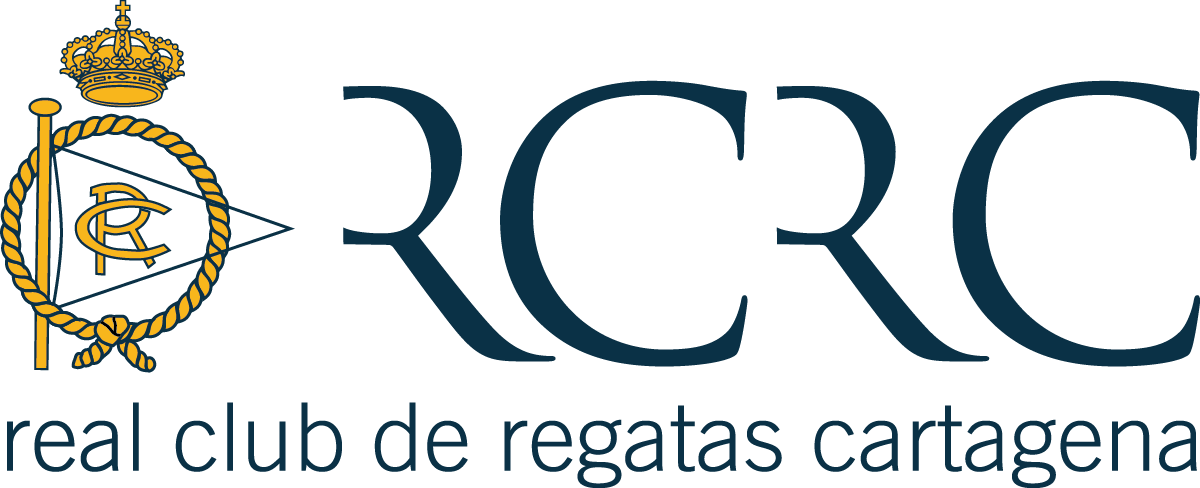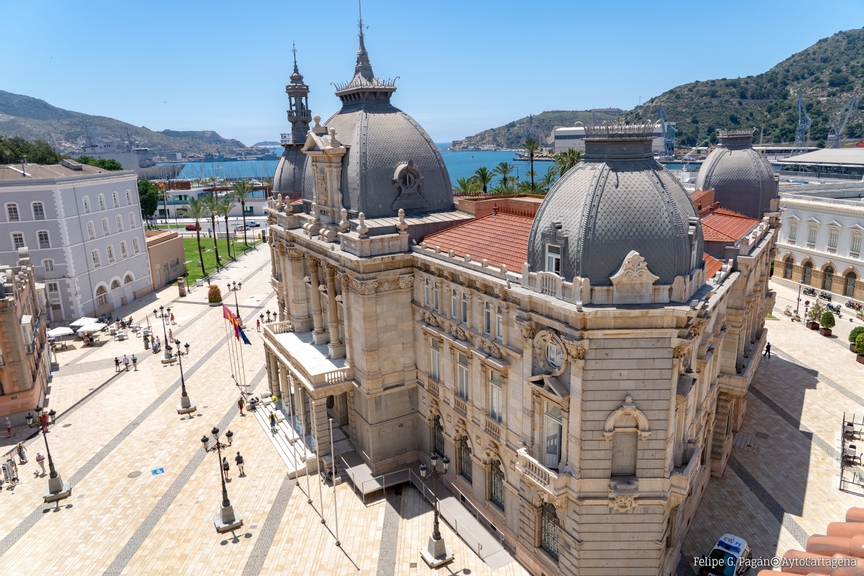
The city of Cartagena will become the Spanish stopover for The Ocean Race Europe, an event that will bring the most innovative and exciting fleet of ocean racing IMOCA boats to this historic Mediterranean port late next summer, along with shoreside activities in the Port of Cartagena focused on ocean health.
Located in the Region of Murcia in southeastern Spain, Cartagena is a port city open to the Mediterranean Sea through a wide bay. Its entrance is guarded by a series of castles and coastal batteries that date back to the 18th and 19th centuries.
With an incredible past spanning more than 3,000 years of history, Cartagena has been the scene of some of the most fascinating moments in Europe. One of its greatest monuments is the Roman Theater, built at the end of the 1st century B.C. in the time of Emperor Augustus. With a capacity for 6,000 spectators, it has been completely restored and is a jewel in the city.
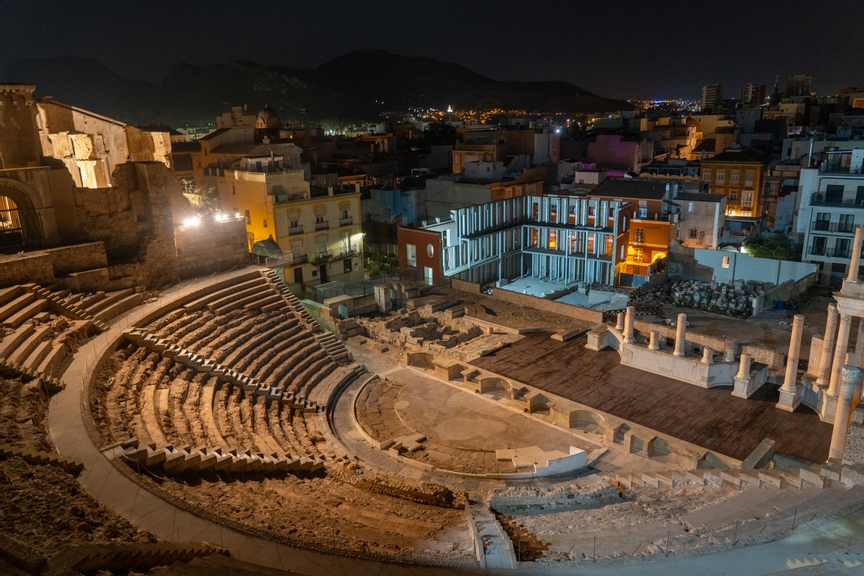
Today, with its privileged location on the Costa Cálida, which includes 250 km of Mediterranean microclimate, the city is a reference for water sports, offers breathtaking natural environments for sailing, beaches, culture, and its rich seabed has made it a favourite destination for scuba diving in Spain, including the protected marine reserves of Cabo de Palos and Islas Hormigas near the city.
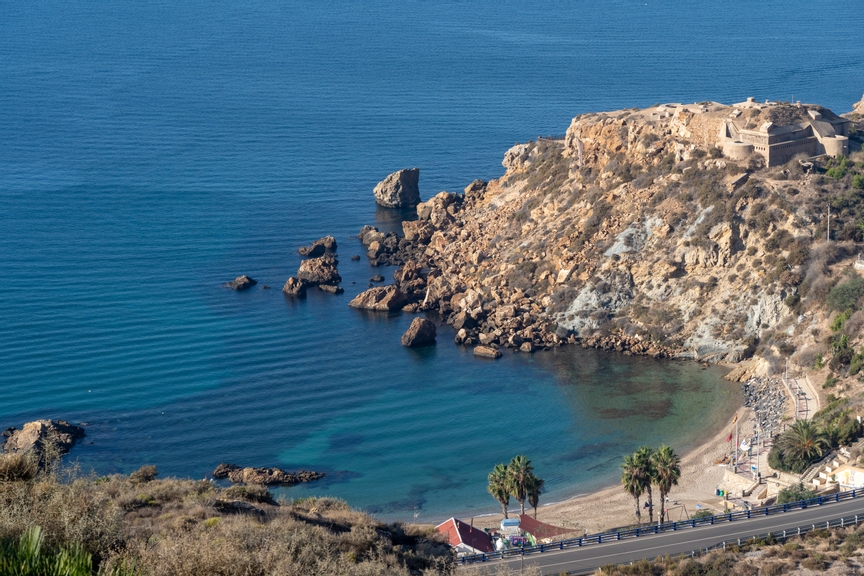
Cartagena is located 30 km from the Manga del Mar Menor, which includes the Mar Menor coastal lagoon, the first ecosystem in the European Union to have designated rights, just like individuals or companies, and which serves as an example of what could be a powerful tool to address the many challenges facing our seas.
The coasts of Cartagena also have large posidonia meadows as well as coral colonies that form the habitat of numerous plant and animal species. Also, vestiges of other eras can be found, from Roman shipwrecks to ships sunk during the Spanish Civil War.
According to the Mayor of Cartagena, Noelia Arroyo, hosting this major international event that unites sport and the sea is a great opportunity and will project the image of the city as a major tourist capital in the Mediterranean.
In remarks at the announcement, she said: “The sea brought to our shores the Carthaginians who founded the city, the Romans who built our great monuments and it was the sea that turned us into a naval base protected by one of the largest defensive complexes in the Mediterranean. This dramatic backdrop will host the most prestigious offshore racing fleet in the world.”
The Region of Murcia is a leader in the percentage of water reuse (as high as 98%), which makes it a water bulwark against drought and contributes to the fact that, with only 3% of Spain's water, the regional agricultural sector is capable of producing 25% of the fruit and vegetables exported.
The stopover enjoys strong support from the Port Authority of Cartagena and the Region of Murcia.
